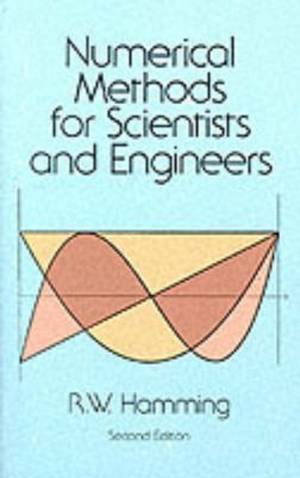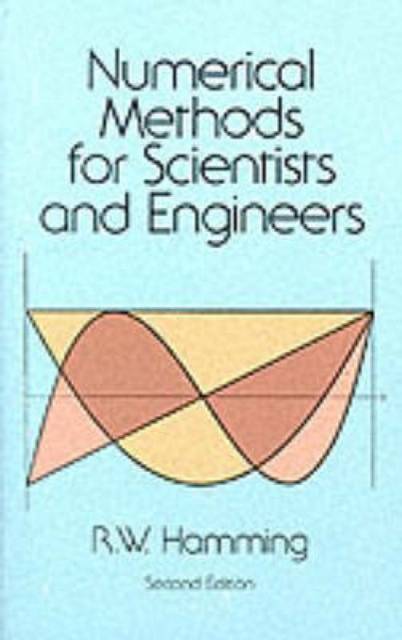
- Afhalen na 1 uur in een winkel met voorraad
- Gratis thuislevering in België
- Ruim aanbod met 7 miljoen producten
- Afhalen na 1 uur in een winkel met voorraad
- Gratis thuislevering in België
- Ruim aanbod met 7 miljoen producten
Omschrijving
Numerical analysis is a subject of extreme interest to mathematicians and computer scientists, who will welcome this first inexpensive paperback edition of a groundbreaking classic text on the subject. In an introductory chapter on numerical methods and their relevance to computing, well-known mathematician Richard Hamming ("the Hamming code," "the Hamming distance," and "Hamming window," etc.), suggests that the purpose of computing is insight, not merely numbers. In that connection he outlines five main ideas that aim at producing meaningful numbers that will be read and used, but will also lead to greater understanding of how the choice of a particular formula or algorithm influences not only the computing but our understanding of the results obtained.
The five main ideas involve (1) insuring that in computing there is an intimate connection between the source of the problem and the usability of the answers (2) avoiding isolated formulas and algorithms in favor of a systematic study of alternate ways of doing the problem (3) avoidance of roundoff (4) overcoming the problem of truncation error (5) insuring the stability of a feedback system.
In this second edition, Professor Hamming (Naval Postgraduate School, Monterey, California) extensively rearranged, rewrote and enlarged the material. Moreover, this book is unique in its emphasis on the frequency approach and its use in the solution of problems. Contents include:
I. Fundamentals and Algorithms
II. Polynomial Approximation- Classical Theory
Ill. Fourier Approximation- Modern Theory
IV. Exponential Approximation ... and more
Highly regarded by experts in the field, this is a book with unlimited applications for undergraduate and graduate students of mathematics, science and engineering. Professionals and researchers will find it a valuable reference they will turn to again and again.
Specificaties
Betrokkenen
- Auteur(s):
- Uitgeverij:
Inhoud
- Aantal bladzijden:
- 752
- Taal:
- Engels
- Reeks:
Eigenschappen
- Productcode (EAN):
- 9780486652412
- Verschijningsdatum:
- 1/03/1987
- Uitvoering:
- Paperback
- Formaat:
- Trade paperback (VS)
- Afmetingen:
- 137 mm x 215 mm
- Gewicht:
- 762 g

Alleen bij Standaard Boekhandel
Beoordelingen
We publiceren alleen reviews die voldoen aan de voorwaarden voor reviews. Bekijk onze voorwaarden voor reviews.












